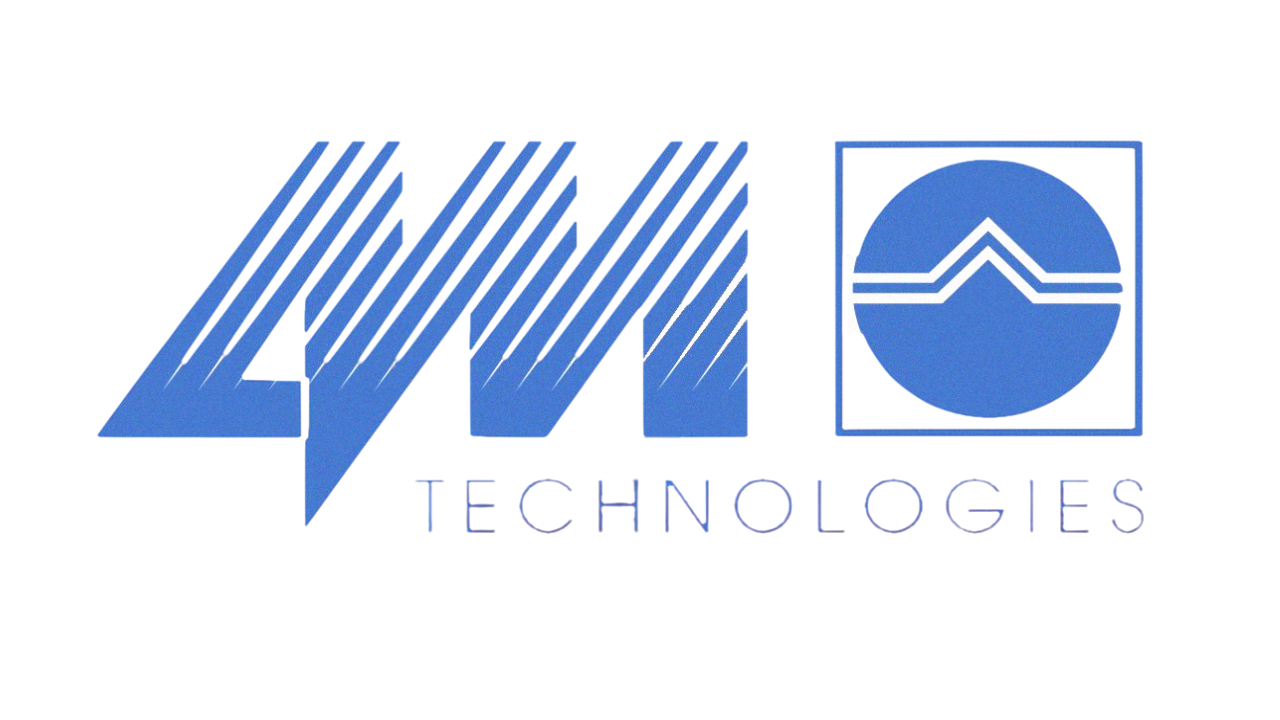Shareholder agreements are an important aspect of any company`s legal framework, as they outline the rights and responsibilities of shareholders in the company. A well-crafted shareholder agreement can help prevent disputes and ensure that all parties are aware of their obligations and expectations. When it comes to crafting a shareholder agreement, there are several key elements that should be included in the document.
1. Ownership of Shares
The shareholder agreement should outline the ownership structure of the company and the number and type of shares held by each shareholder. It is important to include information on any restrictions on the transfer of shares, such as pre-emptive rights or rights of first refusal.
2. Rights and Obligations of Shareholders
The agreement should clearly outline the rights and obligations of each shareholder, including voting rights, decision-making processes, and responsibilities related to financing, management, and operations of the company. This section should also address issues related to conflicts of interest and how they will be managed.
3. Management and Governance
The shareholder agreement should address the management and governance structure of the company, including the roles and responsibilities of directors and officers, how decisions will be made, and how the company will be run on a day-to-day basis. This section may also include information on how shareholders will be involved in decision-making processes and how disputes will be resolved.
4. Financial Matters
The agreement should outline the financial matters of the company, including how profits will be distributed, how capital will be raised, and how dividends will be paid. It is important to include provisions related to the sale or liquidation of the company and how the proceeds will be distributed among shareholders.
5. Dispute Resolution
Finally, the shareholder agreement should include provisions related to dispute resolution. This may include arbitration or mediation clauses, as well as provisions related to how disputes will be handled within the company.
In conclusion, a well-crafted shareholder agreement is crucial for any company, as it helps ensure that all shareholders are on the same page and aware of their rights and obligations. When drafting a shareholder agreement, it is important to include information on ownership of shares, rights and obligations of shareholders, management and governance, financial matters, and dispute resolution. By addressing these key areas, companies can help prevent disputes and ensure the smooth operation of the company.
